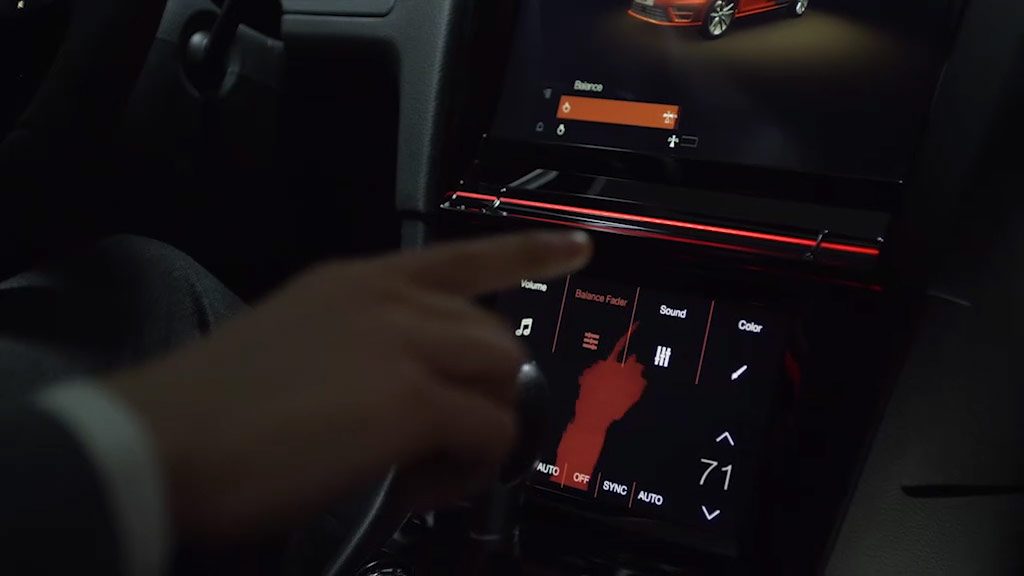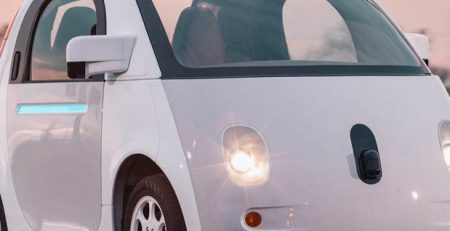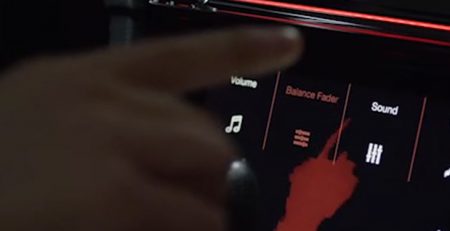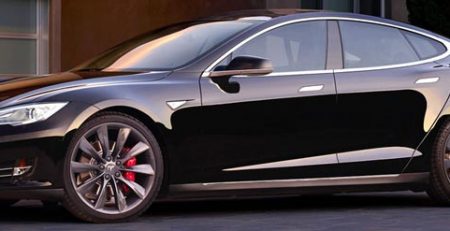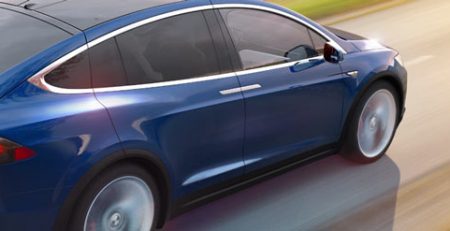2015 has been a hallmark year for new car technology, with innovation after innovation produced by several manufacturers wh read more
Ten future car technology innovations to look forward to
The likes of touchscreen infotainment and internet connection are lightyears ahead of the in-car radio first introduced in 1930. And with technology developing further and further, there is no predicting what we'll be doing with our cars in ten, or even five years time.
In the meantime though, here are ten driving technology features we are looking forward to getting our hands (or gestures) on in the near future.
10. Biometric security
When this function comes into play car owners around the world will be able to feel like they are in the middle of a James Bond set as they unlock the car and start the engine with a fingerprint or eyeball scan. Keyless entry and engine ignition may only be a relatively new introduction to car technology, but it could soon be surpassed when biometric security for cars is developed, as it already has been for smartphones.
9. Force-feedback pedals
OK so this may not be as exciting as feeling like part of a spy agency, but even more safety technology is definitely something to anticipate. Germany's Continental Corporation are currently working on the development of force-feedback pedals, which are designed to stiffen the accelerator if it detect a collision a few hundred metres ahead of your vehicle, as a warning that you need to ease off the throttle.
8. Vehicle-to-vehicle communication
We're not sure if this is cool or creepy, but again it is another safety technology that could make a huge difference on the roads. Vehicle-to-vehicle communication would basically be like Facebook, in that every car shares updates with those around them. However, instead of pictures of food and cats, they share information on their position, speed, steering-wheel position, brake status, and other data to other vehicles within a few hundred metres.
7. Active health monitoring
Just like exercise equipment such as treadmills and bikes, cars could soon be able to track your heart rate, brain activity and eye movement all through the seat belt or steering wheel sensors. As well as being attractive to fitness fanatics, this will also help prevent road accidents - as if the function was combined with autonomous driving technology, it would be able to stop the car of a driver who has suffered a heart attack before an accident was caused.
6. Remote shutdown
Although the ability to remotely shut down a vehicle already exists for a small number of models, we can expect to see a boost in popularity in the near future. It is hoped that a wider introduction of this feature will see the end of car thieves, however there are still a few kinks that need to be worked out in order to stop hackers from shutting down unsuspecting car owners' vehicles.
5. Next-gen headlights
 Toyota LED Adaptive Headlights. Credit: Toyota
Toyota LED Adaptive Headlights. Credit: Toyota
Already an existing feature for televisions and smartphones, car manufacturers are working on developing smart headlights that will be able to auto adjust the brightness and direction of the headlights depending on light and weather conditions. Hopefully this will put car owners forgetting to turn their lights on to an end.
4. Self-learning cars
Although you have passed your driving test and are legal to drive on the road, that doesn't mean you can stop learning. Mercedes-Benz is developing technology that will be able to process your driving habits in turn for offering advice depending on the situation. One of the key features would be able to read the time and day, for example, if it's 8am on a weekday, it will detect that you are commuting to work or dropping the kids off to school and be able to warn you that the usual route is blocked.
3. Active head-up displays (HUD)
Again, although HUD technology already exists in some models, it can only and is expected to become more advanced in the next two or three years. A bit like Google Glass, but for cars, HUD technology provides road information such as traffic warnings and roadworks notifications onto the windscreen display - allowing the driver to constantly keep their eye on the road at all times.
2. Gesture controls
A number of manufacturers have already experimented with gesture controls in a car, including Land Rover and Volkswagen, so we may see this innovation sooner rather than later. Gesture controls will see off all knobs and dials in the cars interior, and replace them with touch and gestures, as the ability to track your hand movements in front of an infotainment system touchscreen will allow, for example, the opening and closing of the sunroof. If VW decide to move forward with their Golf R Touch concept car, owners will still be able to switch back to the 'traditional' touchscreen method.
1. Autonomous cars
Now, claiming this innovation will happen in the near future may be a bit hopeful, but Google's determination to produce an autonomous car is providing that hope which we are keeping a tight hold of. When they are finally produced, which they are expected to be, it is likely that autonomous cars will only operate on certain roads and in certain weather conditions, but even the thought of seeing a self-driving car is enough to get any car owners motors running.


